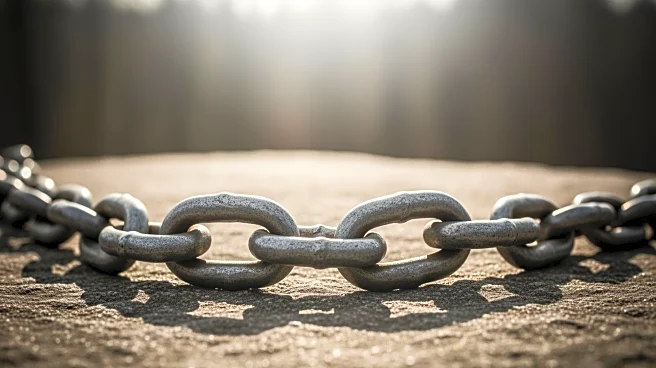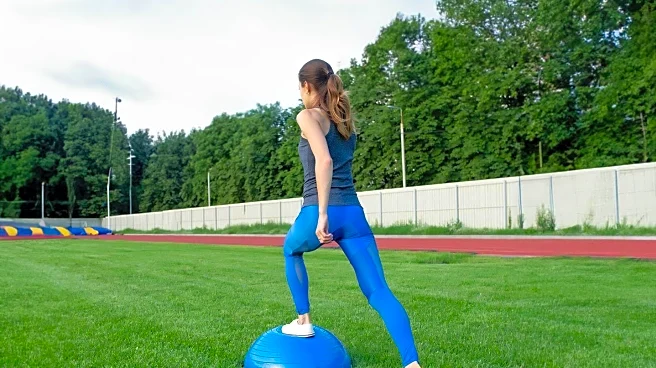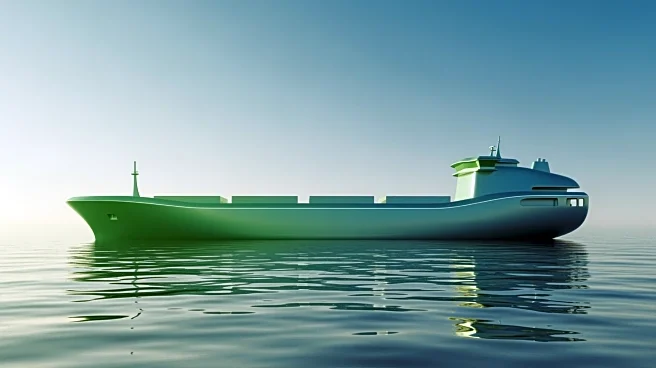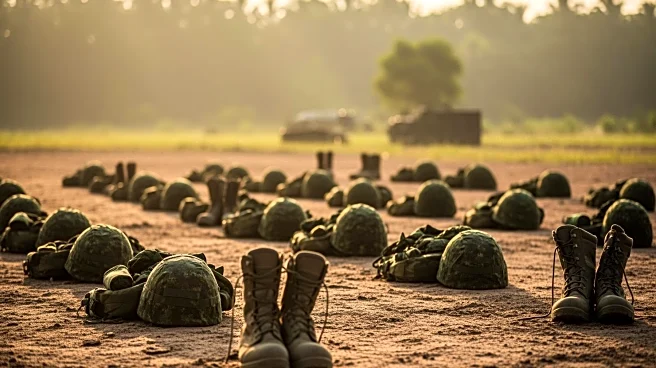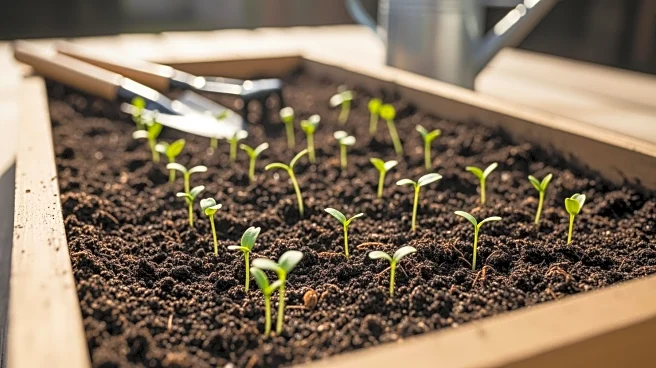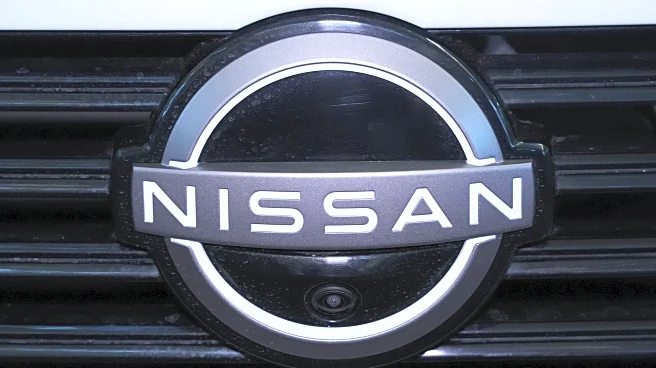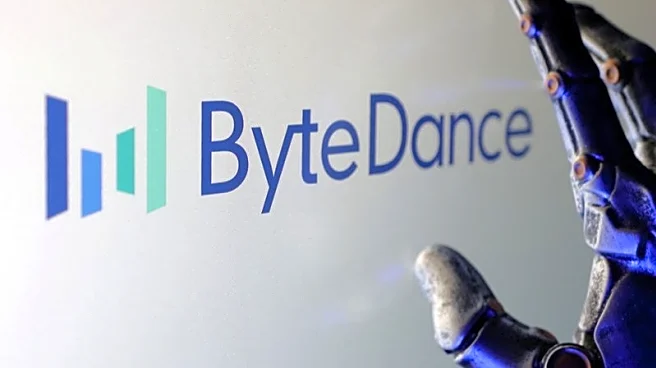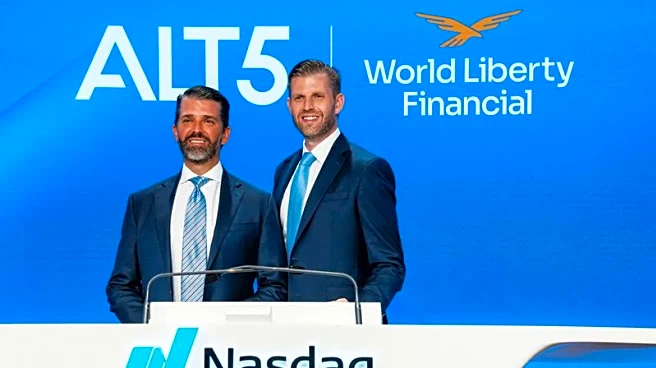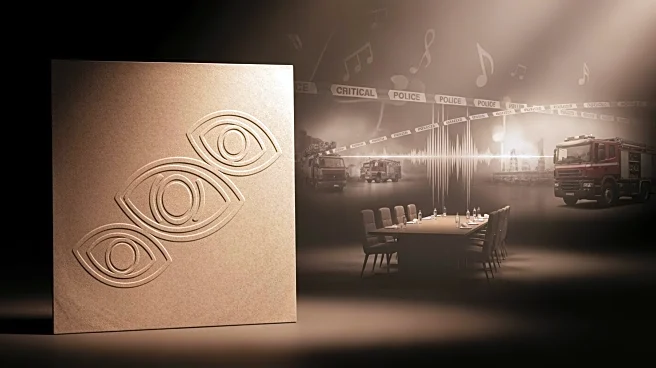What's Happening?
Ukraine is actively working on a prisoner exchange with Russia, aiming to secure the release of 1,200 Ukrainians from Russian captivity. This initiative is part of broader efforts to resume negotiations to end Russia's invasion. Ukraine's President Volodymyr
Zelenskyy announced the plan, highlighting the importance of the Istanbul agreements, which are Turkish-brokered accords established in 2022 to facilitate organized prisoner-of-war exchanges between the two nations. Rustem Umerov, Ukraine's National Security and Defense Council Secretary, confirmed consultations with mediators from Turkey and the United Arab Emirates to advance the exchange process. Umerov expressed hope that the Ukrainians would be able to celebrate the New Year and Christmas holidays at home, indicating that technical talks to finalize the exchange details will occur soon.
Why It's Important?
The prisoner exchange is a significant diplomatic effort by Ukraine to alleviate the humanitarian impact of the ongoing conflict with Russia. By securing the release of 1,200 captives, Ukraine aims to provide relief to families affected by the war and demonstrate its commitment to protecting its citizens. This move also underscores the role of international mediation, particularly by Turkey and the UAE, in facilitating dialogue between Ukraine and Russia. The exchange could potentially pave the way for renewed negotiations to end the conflict, offering a glimmer of hope for peace in the region. The successful implementation of the Istanbul agreements could strengthen Ukraine's diplomatic standing and foster international support for its cause.
What's Next?
Ukraine is expected to engage in technical discussions to finalize the details of the prisoner exchange. These talks will likely involve coordination with international mediators and logistical planning to ensure the safe return of the captives. The exchange could lead to further diplomatic engagements between Ukraine and Russia, potentially opening avenues for broader peace negotiations. Stakeholders, including international organizations and governments, may closely monitor the situation, offering support or mediation as needed. The outcome of this exchange could influence future diplomatic strategies and impact the geopolitical dynamics in Eastern Europe.
Beyond the Headlines
The prisoner exchange highlights the complex interplay of diplomacy and humanitarian concerns in conflict resolution. It raises ethical questions about the treatment of prisoners of war and the responsibilities of nations to uphold human rights. The involvement of Turkey and the UAE as mediators reflects the growing influence of non-Western countries in international diplomacy, potentially shifting traditional power dynamics. The exchange could also impact public sentiment in Ukraine, bolstering national morale and unity in the face of adversity.
